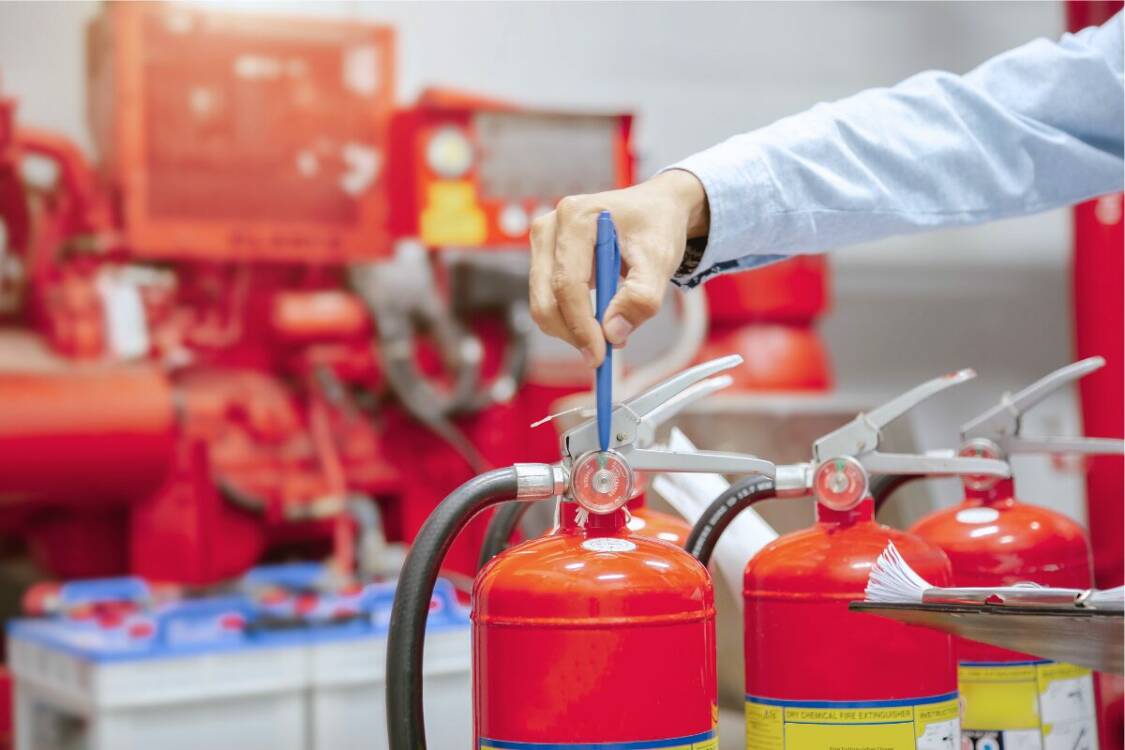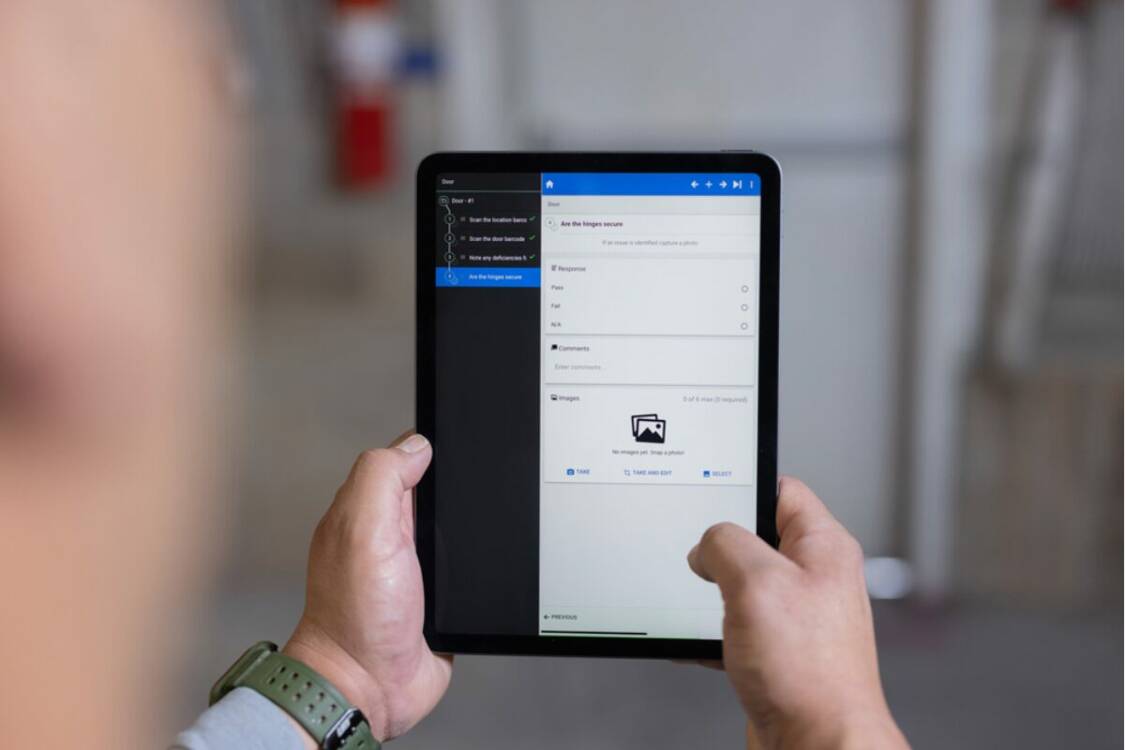Not sure what a Fire Marshal does? No stress. This article explains who they are, why they are important, and what their primary responsibilities are.
Fire safety is a crucial element of our society, and thankfully, there are a lot of opportunities for those who want to be involved in fire prevention. When thinking about fire safety, fire fighters are generally the first personnel to come to mind. And while firefighters are amazing at what they do, becoming a firefighter isn’t the only option out there for being involved with safety, enforcing fire codes, or supporting your local community.
One way to work with fire, that is often overlooked, is becoming a state fire marshal. You may be thinking, but what does a fire marshal do anyways? Don’t worry. In this article we will clarify what exactly a fire marshal is and expand on their distinct responsibilities.
What is a Fire Marshal?
With “fire” in the name it is easy to infer that fire marshals deal with fire, but what exactly do they do? What makes someone a fire marshal?
A fire marshal is a public safety official who is responsible for fire prevention, investigation, education programs, and enforcement of fire codes.
Often, fire marshals are employed by the local government in some form, whether that be as part of the state, county, or provincial government. Though government employment is common, it is not a requirement. Sometimes marshals are simply connected to the local law enforcement or have a background in firefighting. As such, they sometimes have specialized cars, wear specific badges, or carry weapons to signify their position and aid in their work.
When it comes down to it, there’s really only a loose definition for what makes a fire marshal. The position is flexible and largely based on the needs of the area and experience of the individual. Ultimately, fire marshals are defined more by the work they do than by specific qualifications or requirements.


Key Responsibilities of a Fire Marshal
Now that you have a basic understanding of what a fire marshal is, let’s talk about their purpose.
Though there is individual variation, fire marshals tend to have pretty universal responsibilities, which include performing fire and life safety inspections, enforcing fire codes, investigating fire incidents, supporting fire education programs, and promoting emergency preparedness.
They help to bridge the gap between government regulations and regional fire prevention efforts.
It is important to note that every marshal’s experience will be slightly different due to the needs of their area and previous work background. For example, marshals who have previously worked as a firefighter may work more closely with a fire department. The same is true for active duty officers and local law enforcement. Experience or collaboration with local fire and safety teams may help a fire marshal perform their duties.

Utilizing Fire Inspection Software
No matter whether you’re a fire marshal, fire fighter, building manager, or other safety professional, InspectNTrack’s software can help you complete your tasks more easily, efficiently, and methodically.
Our fire safety software has been developed over the last 30 years and is specifically designed to help you complete inspections, manage a safety program, schedule important tasks, and
Features such as the inspection route builder, on-the-go reporting, and detailed log history help you stay organized and productive without missing beat. That way you can stay at the top of your game and do the most good.
Want to learn more about what our fire inspection software can do and how it can make your job easier? Schedule a demo to talk with one of our specialists. And if you still aren’t sure, check out our Return on Investment page to see just exactly what kind of time and money savings you can expect from incorporating a software sidekick into your work.
Connect With Fire Marshals
Want to connect with fire marshals? Or learn about fire marshaling as a future career path? Check out the International Fire Marshal Association (IFMA) and National Association of State Fire Marshals (NASFM). These organizations are designed to bring together fire marshals from across the United States, allowing them to connect and learn from one another. Additionally, they provide training resources that can be beneficial if you’re interested in becoming involved.

Conclusion
Fire marshals fulfill many roles – as inspectors, investigators, planners, educators, and enforcers. Their work is essential for fire prevention as well as minimizing damage when incidents occur. They can hone in their craft by meticulously accomplishing their duties, utilizing software, and connecting with others in their profession. Whether enforcing codes or teaching fire safety to children, fire marshals are a constant presence behind the scenes, keeping people safe through diligence, education, and accountability.

